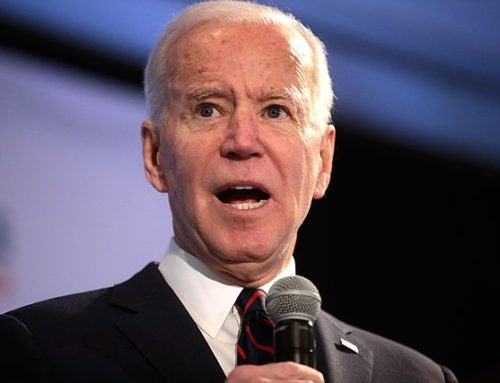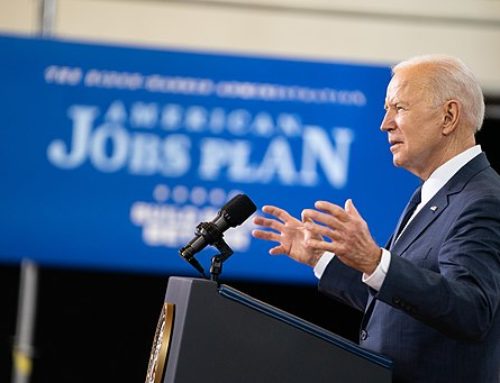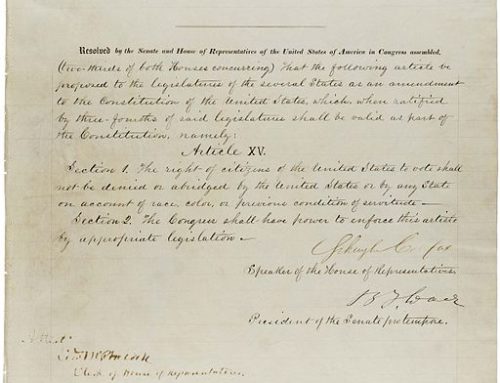Earl Devaney, inspector general of the Interior Department, reported last week that a two-year investigation has uncovered a “culture of substance abuse and promiscuity” within the department’s Mineral Management Services, or MMS.
This department, which handles billions of dollars of contracts, is responsible for marketing the oil and gas that energy companies barter to the government in lieu of making cash royalty payments for drilling on federal lands. The oil is then resold to energy companies or put in the nation’s emergency stockpile.
Those oil royalties are one of the government’s biggest sources of revenue.
But the scandalous activities alleged by Devaney could cost American taxpayers more than $20 billion.
The accusations:
* The MMS failed to audit properly a government program that allows oil companies to provide the government payment-in-kind (oil) rather than a cash payment.
* About 1,100 offshore leasing blunders in 1998 and 1999 were covered up for almost a decade, allowing deepwater drillers to escape paying royalties when oil increased to more than $34 per barrel.
Unfortunately, unethical behavior by oil companies could derail congressional approval of drilling either offshore or in Alaska, something that needs to be considered — along with the development of alternative energy — as part of a multi-faceted effort for the U.S. to become energy independent.
The most recent scandal made national headlines in large part because the allegations involved not only monetary gifts, but also sex and drugs.
Following a two-year, $5 million investigation which included testimony from 233 witnesses and 470,000 pages of documentation, Devaney said the inquiry “revealed … a pervasive culture of exclusivity, exempt from the rules that govern all other employees of the federal government.”
The report named four companies — Chevron Corp., a U.S. unit of Royal Dutch Shell PLC, Gary-Williams Energy Corp. and Hess Corp. — as gift givers.
The inspector general alleged that the employees involved in rigged contracts engaged in illegal drug use and improper sexual relations.
And between 2002 and 2006, Devaney said, nearly a third of the 55-person staff in the Denver office received gifts and gratuities from oil companies.
Two of the highest-ranking officials involved in the payment-in-kind fiasco will apparently escape penalty. Both retired during the investigation, rendering them safe from any administrative punishment. The Justice Department has declined to prosecute them.
In 2007, Devaney testified to Congress about another scandal, the unwillingness of key agency officials to fix leasing blunders on land leased to oil companies that first occurred during the Clinton administration. The incentives were supposed to stop if oil prices climbed above a “threshold price” of $34 a barrel, but leasing officials omitted the escape clause for two years.
In a Jan. 16, 2007, New York Times article, “Out of Sight, Under Fire Over Leases,” Edmund Andrews predicted that the inspector general would tell the Senate Energy Committee in the hearing two days later that Johnnie Burton, director of the MMS at the time, either ignored or remained unacceptably blind to a leasing blunder that would, if left unchanged, let oil companies escape as much as $10 billion in royalties over the next five years.
As MMS director, Burton stonewalled attempts to rectify the leasing mistakes. Her procrastinations cost the government billions of dollars, mainly from leases in the Gulf of Mexico.
The Interior Department has suffered from mismanagement for decades. In the 1920s, the Teapot Dome scandal erupted during the Warren Harding administration. It referred to the leasing of an oil field on public land without competitive bids in return for bribes involving at least $100,000.
In part, the failure of the Interior Department reflects a systemic problem.
Many senior government officials look forward to working for the companies that they are regulating upon leaving their civil service positions.
Sadly, since federal, state, and local government expenditures in America involve about 33 cents of every dollar spent, government ineptness is more than a tempest in a teapot.
Originally published in the Sarasota Herald-Tribune



